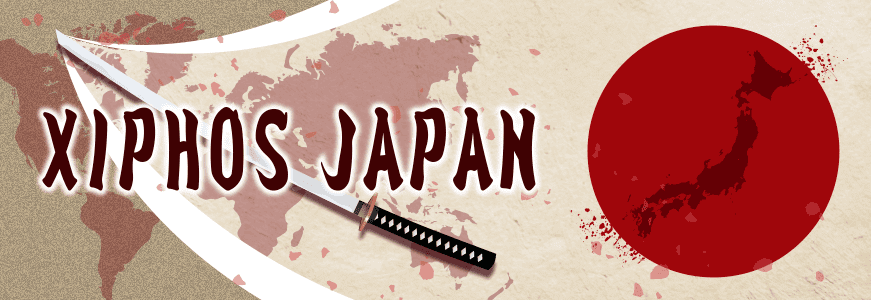 The onslaught of the coronavirus, which has wreaked havoc on the global economy, has naturally left its mark on Australia as well.
The onslaught of the coronavirus, which has wreaked havoc on the global economy, has naturally left its mark on Australia as well.
Australia has many endemic species due to its geographical isolation from the rest of the world, and in the name of protecting its own endemic species, Australia is a country that is sensitive to the introduction of pathogens, plants and animals from abroad.
When the coronavirus spread around the world, Australia was one of the first developed countries to ban foreigners from entering the country, and even Australian citizens were quarantined in government-designated facilities upon their return. The emergency measures have not been lifted even after more than a year.
Banning foreigners from entering the country is certainly a very effective way to contain the coronavirus, but it also has a significant impact on the economy.
This balance has become a headache for countries around the world, including Japan.
However, Australia is one of the first developed countries in the world to show signs of recovery from the economic downturn.
The signs can be seen in various announcements and reports, and there is evidence that even ordinary people can easily feel the economic recovery. That is the rise in rental rates.
At one time, rents dropped by 40% in some places before and after Corona, but recently, they have been gradually rising and are expected to return to their original level by the end of the year.
As was the case during the Lehman Shock, Australia has been the first country in the world to experience a V-shaped economic recovery. One of the major reasons why we can expect another strong recovery is the existence of abundant underground resources in Australia.
In the wake of the Corona disaster, there were fears that the economic recovery would be hampered by deteriorating relations with China, which had been Australia’s largest trading partner and had invested heavily in the country. In fact, China has been harassing Australia’s major trade items, such as wine and lobster, by increasing tariffs on them because they contain harmful substances and are considered dumping.
In spite of these problems, the price of iron ore is rising due to increased demand, and exports from Asian countries other than China and from the Middle East are rapidly increasing.
There are many countries that want to purchase underground resources even if China does not, and their presence is driving the economic recovery.
Some believe that Australia, thanks to its underground resources, will be minimally affected by the corona and will see a significant increase in its economic index in 2022, but it is not looking so easy.
What’s holding back the economic recovery…
Australia is about 20 times the size of Japan, but its population is about the same as that of Tokyo. Australia’s population is about the same as that of Tokyo.
For this reason, jobs that Australians do not like and work on weekends and holidays are inevitably filled by foreigners.
In addition, the cost of labor in Australia is very high compared to Japan, which is a headache for business owners. Foreigners, who can be hired at low cost, can cover the cost.
It is no exaggeration to say that this system keeps the Australian economy going.
However, with restrictions on the entry of foreigners into Australia, it is difficult to hire new foreign workers on student or working holiday visas, and there are warnings that there will be a serious shortage of labor, especially in the fields of IT, engineering, and hospitality.
With the onset of winter in Australia, the number of coronavirus cases has increased and emergency lockdowns are still in place.
However, if we misjudge the timing, we cannot be sure that a large-scale pandemic will not occur in Australia.
The economy and preventing the spread of coronas. It can be said that Australia is struggling to manage these two difficult issues.







